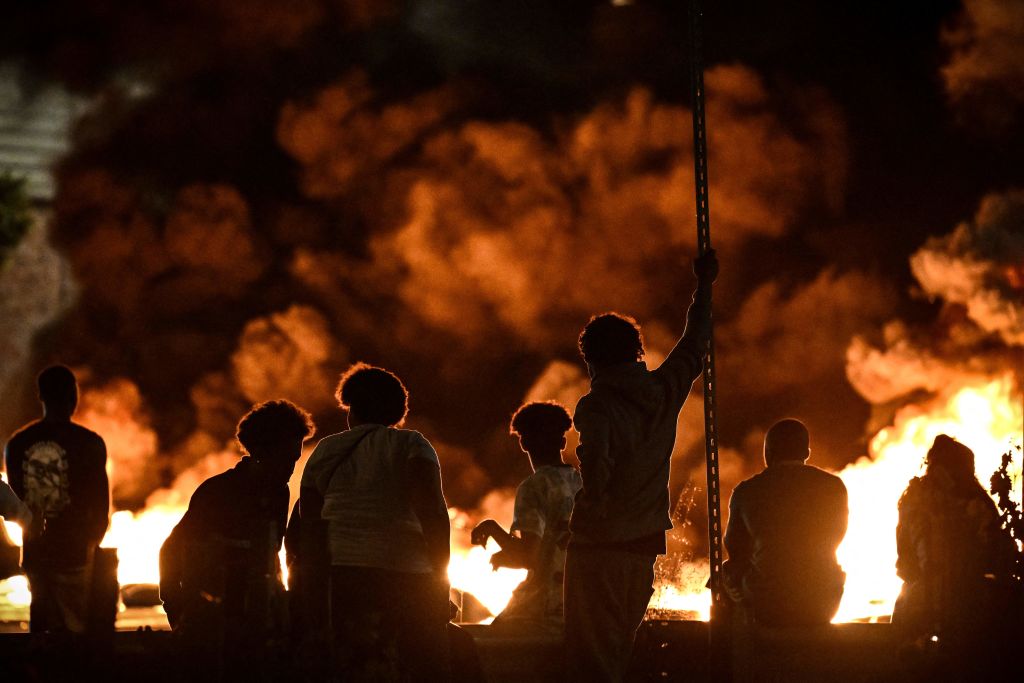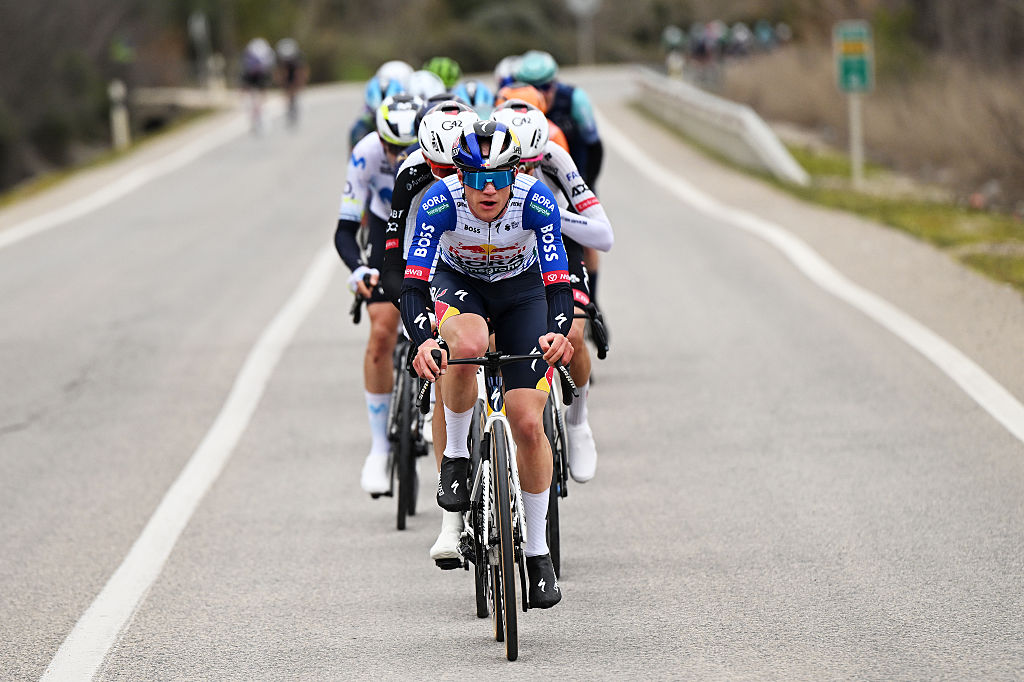Tour de France increases security amid fears of climate change protests and civil unrest
'Depending on what happens, we will adapt if needed' Tour director Prudhomme says

The latest race content, interviews, features, reviews and expert buying guides, direct to your inbox!
You are now subscribed
Your newsletter sign-up was successful
Tour de France organisers plan to increase security around the race and stay vigilant due to a growing double risk of disruption from climate change activists and a threat of growing civil unrest in France.
Race director Christian Prudhomme said that he and his staff are in "constant liaison" with the French government, following three nights of civil unrest and protests across France after the fatal police shooting of a 17-year-old boy Nahel M in the Paris suburb of Nanterre on Tuesday.
There is a concern that copycat violence could spread through other areas of France as was in the case in 2005, when unrest continued for three weeks and occurred across the country.
On Friday, French officials ordered the shutdown of all bus and tram services nationwide by 9pm. Concerts and public events have been cancelled and all public demonstrations have been banned in a number of major cities.
875 people have already been arrested for looting during three nights of protests. More are expected over the weekend and Prime Minister Élisabeth Borne said the French gendarmerie will use armoured vehicles to suppress the unrest.
40,000 police officers will be drafted in and nighttime curfews have been imposed in two towns close to Paris. Hundreds of police officers are used to manage traffic and crowds at the Tour de France but they may also be needed for the unrest.
French President Emmanuel Macron called on parents to keep teen protestors off the streets and blamed social media for helping them to organise protests and contributed to "mimicking" behaviour by some young people, who repeated what they saw online.
The latest race content, interviews, features, reviews and expert buying guides, direct to your inbox!
The US State Department issued a security alert on June 29 warning its citizens to steer clear of trouble spots.
"These demonstrations, along with spontaneous protests, are expected to continue and may turn violent," it said. "US citizens should avoid mass gatherings and areas of significant police activity as they can turn violent and result in clashes."
The Tour de France begins on Saturday in nearby northern Spain but crosses into France on Monday. Several stages finish in major towns and cities including Bordeaux, Clermont-Ferrand and Paris.
Prudhomme told news agencies such as Reuters and AFP: "Depending on what happens, we will adapt if needed. We are in constant liaison with the state services and we are following the situation and how it has been evolving."
The 2022 Tour de France was disrupted by climate change activists and more are expected this year. Earlier this year, French environmental group Dernière Rénovation said that they would again be protesting at this year's Tour.
In a move to guard against protesters stopping the race by occupying the road, two motorbikes from the French gendarmerie's special intervention brigade will ride ahead of the peloton.
"The two motorbikes will work as a duo," a gendarmerie captain told team managers, according to Reuters. "Our goal is to be able to bring an immediate response and avoid the race being stopped."
Riders and teams in the Tour de France appear to expect climate protests after they occurred recently in other sports in Britain and elsewhere.
"I think you'd be pretty naive to think you're going to get through this year's Tour without any protests," Jayco-AlUla Matt White told the Guardian. "It's something you have to push to the back of your mind. It's out of our control."

Stephen is one of the most experienced members of the Cyclingnews team, having reported on professional cycling since 1994. Before becoming Editor-at-large, he was Head of News at Cyclingnews. He has previously worked for Shift Active Media, Reuters and Cycling Weekly. He is a member of the Board of the Association Internationale des Journalistes du Cyclisme (AIJC).
